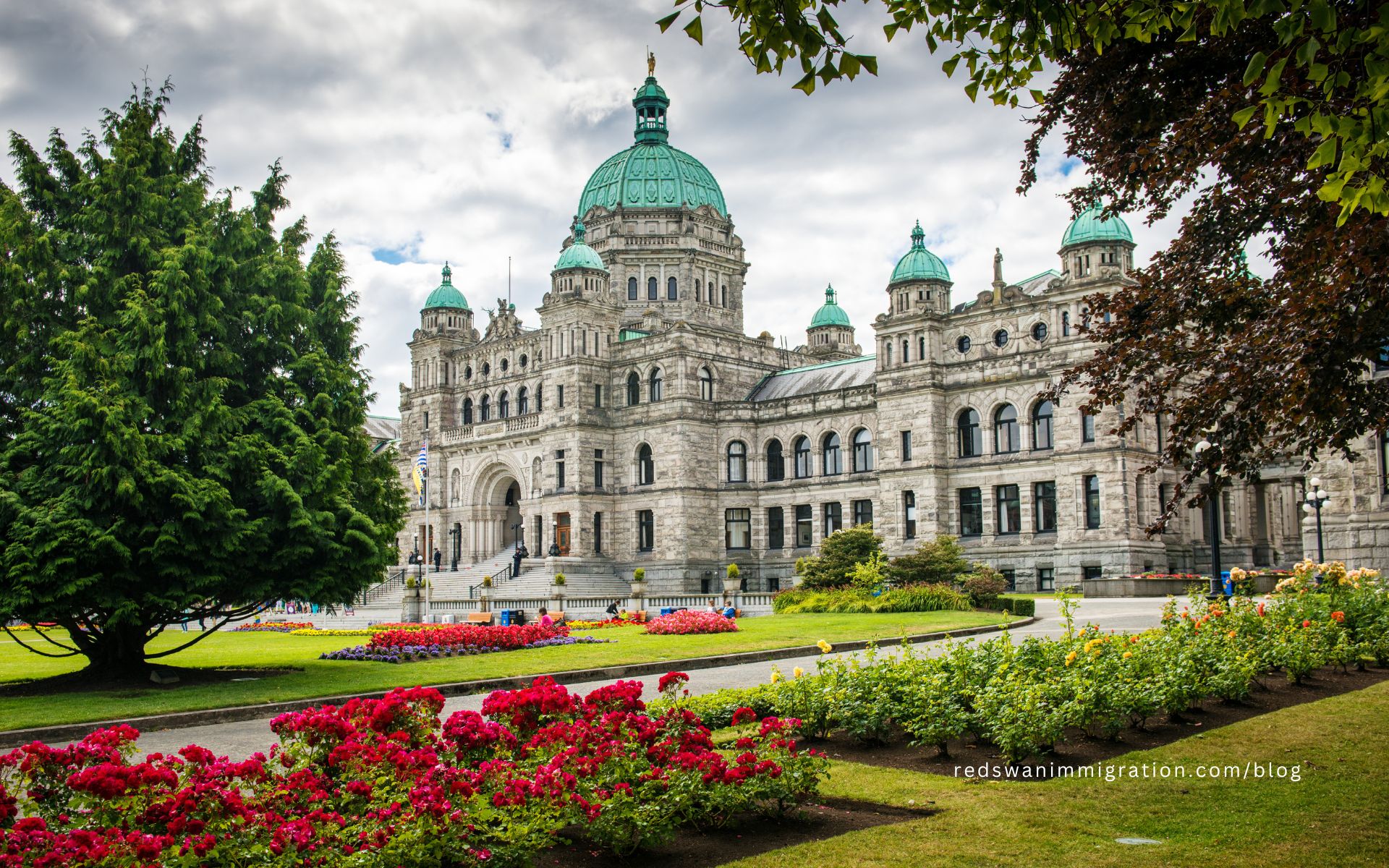Immigration has become a pressing issue in Canada, with even the immigrant community urging a temporary halt. In a recent interview, opposition leader Pierre Poilievre highlighted that immigration levels have surged under the Liberal government, from 271,000 in 2015 to a projected 500,000 by 2025. Additionally, unmonitored temporary residents, including international students and asylum seekers, have swelled to 2.8 million as of early 2024. Prime Minister Justin Trudeau and Immigration Minister Marc Miller have acknowledged that the number of temporary residents is unsustainable, emphasizing the need for immediate action to reduce these figures.



